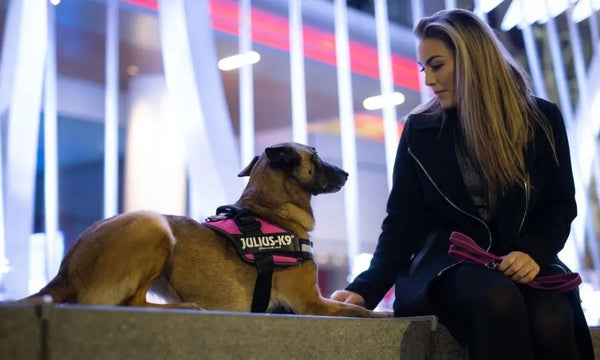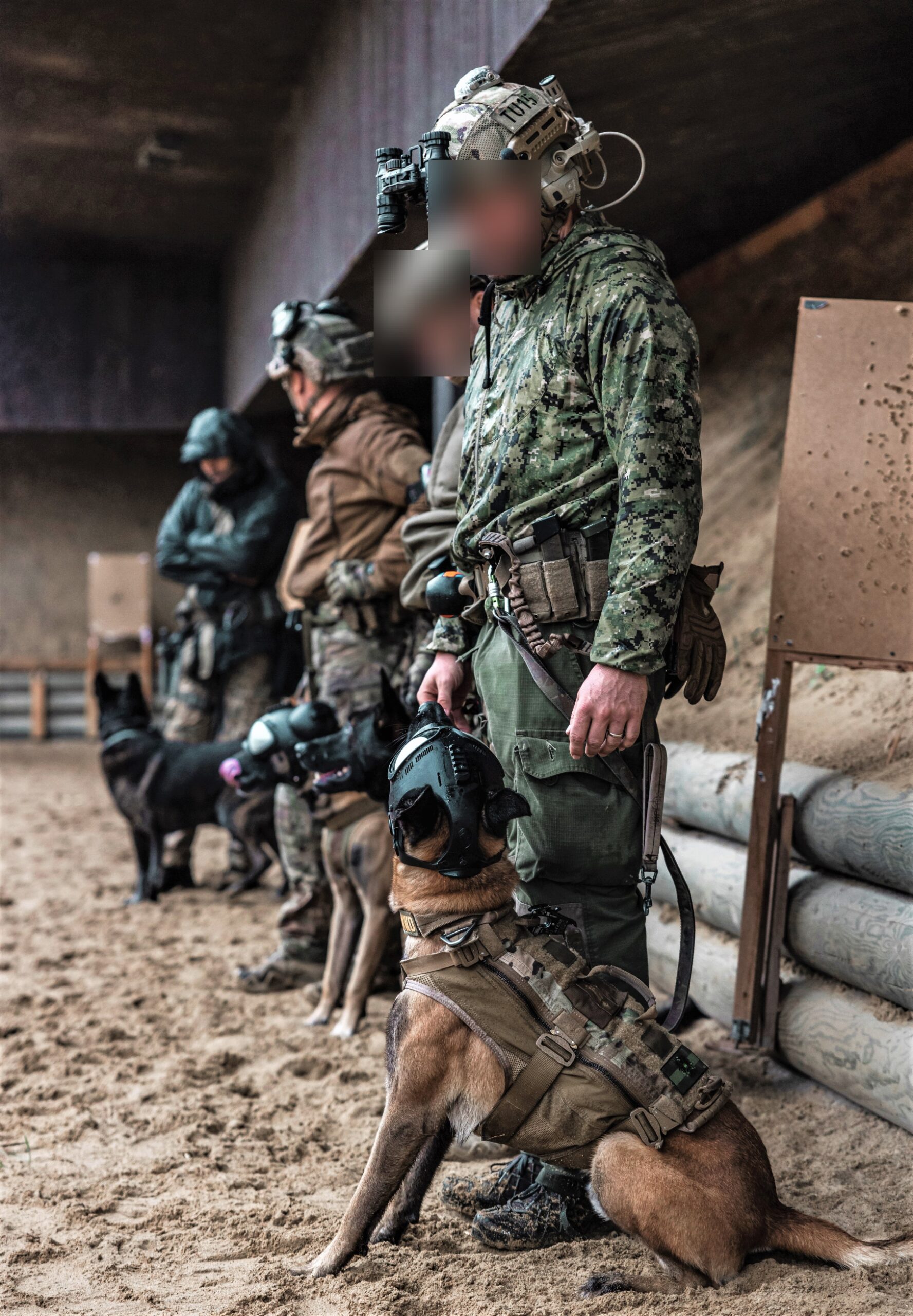Vital Canine Training Methods for a Lifetime of Good Actions
Efficient canine training is foundational to fostering a mannerly friend that enriches our lives. Understanding canine habits and using socialization techniques can stop prospective issues before they emerge.
Understanding Pooch Habits

In addition, understanding the inherent impulses and drives of a pet dog-- such as target drive, social interactions, and territorial habits-- enables fitness instructors to expect and manage certain actions. For circumstances, a pet dog with a strong target drive might call for various methods than one that is much more socially inclined.
Furthermore, very early socializing and direct exposure to different atmospheres considerably affect a canine's actions and character. Favorable experiences throughout essential developmental periods can bring about well-adjusted grown-up dogs, whereas unfavorable experiences may result in anxiety or hostility.
Positive Reinforcement Approaches
Among the various pet training methods, favorable support techniques stick out for their effectiveness and ability to strengthen the bond in between pet and instructor (Ohana K9 Academy). This approach highlights gratifying preferred behaviors instead of punishing undesirable ones, promoting a more participating and trusting relationship
Positive support can take several types, consisting of deals with, praise, toys, or playtime. The key is to supply immediate incentives when the pet dog shows the wanted actions, allowing them to make the link between the activity and the positive outcome. For example, if a pet remains on command, giving a treat as soon as possible strengthens that habits, making it more likely to be repeated.
Uniformity is critical in positive reinforcement training. Trainers ought to use the same signs and incentives to avoid perplexing the dog. Furthermore, differing the incentives can maintain the pet's interest and inspiration, transitioning from constant treats to occasional praise or play as the pet masters the behavior.

Basic Command Training
Building on the foundation established through favorable support approaches, fundamental command training works as a vital step in developing a well-mannered pet. This training typically encompasses important commands such as "rest," "stay," "come," and "down - Ohana K9 Academy." Each command plays a crucial role in cultivating efficient interaction between the canine and its owner, improving the total bond
To start basic command training, choose a quiet setting without distractions. Begin with brief, concentrated sessions lasting no greater than 5 to 10 mins to keep your dog's attention. Make use of high-value deals with as incentives, ensuring the dog links proper actions with favorable outcomes. When showing a command, use a clear, consistent verbal cue accompanied by hand signals to reinforce understanding.
Perseverance is vital; pet dogs may need many reps to comprehend commands totally. Progressively raise the intricacy by presenting variants or diversions when your pet dependably responds. Normal over here method strengthens learned commands, solidifying them in your dog's habits repertoire. Ultimately, basic command training not only promotes obedience but additionally improves safety and security and assists in pleasurable interactions throughout strolls and playtime, preparing for advanced training methods in the future.
Socializing Techniques
In the world of pet training, socializing techniques are important for growing a well-adjusted and confident canine friend. Reliable socialization includes subjecting your More hints canine to a selection of environments, people, and various other pets in a regulated and favorable fashion. The main purpose is to aid your pet develop a convenience level with diverse experiences, which can dramatically reduce concern and anxiety in strange situations.
Begin socialization during the vital developing window of 3 to 14 weeks, when puppies are most responsive to new experiences. Introduce your pet dog to different setups, such as parks, metropolitan locations, and homes with other pets. Make certain these experiences declare by using deals with and appreciation to strengthen etiquette.
Team training courses are an excellent means to subject your canine to various other dogs and people in a structured environment. This allows for supervised communications, assisting your pet discover appropriate social hints. Routine outings and playdates with well-mannered pet dogs can further boost social abilities.
Resolving Behavioral Issues
Addressing behavior issues in canines is a critical element of training that calls for an organized technique and understanding of canine habits. Typical problems websites such as barking, chewing, aggressiveness, and anxiousness can originate from different elements, consisting of lack of socialization, insufficient workout, or perhaps medical worries.

Additionally, developing a structured routine that includes routine exercise and mental stimulation can considerably relieve behavior issues. Interactive playthings can maintain a pet dog involved and minimize harmful tendencies. In cases of extreme hostility or anxiety, talking to a professional pet fitness instructor or a vet behaviorist may be necessary.
Final Thought
Finally, reliable canine training strategies, including positive reinforcement, basic command training, and socializing, are essential for promoting etiquette throughout a dog's life. Attending to behavioral problems with a methodical method not only boosts obedience but likewise strengthens the bond between pet dogs and their proprietors. By applying these approaches consistently, pets can become well-adjusted buddies, with the ability of browsing various environments and interactions with self-confidence and ease. Thus, developing a foundation for a harmonious partnership is vital.